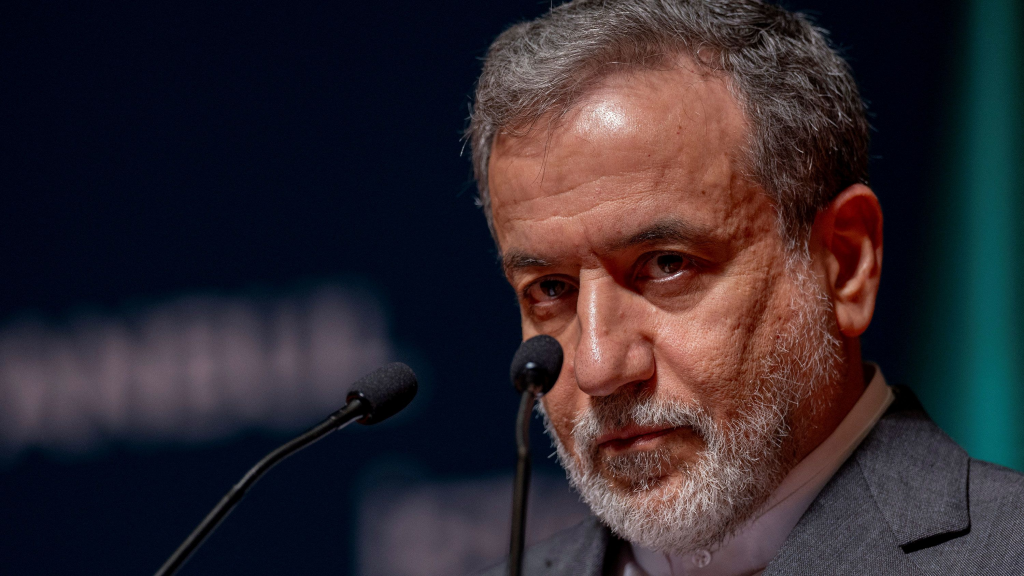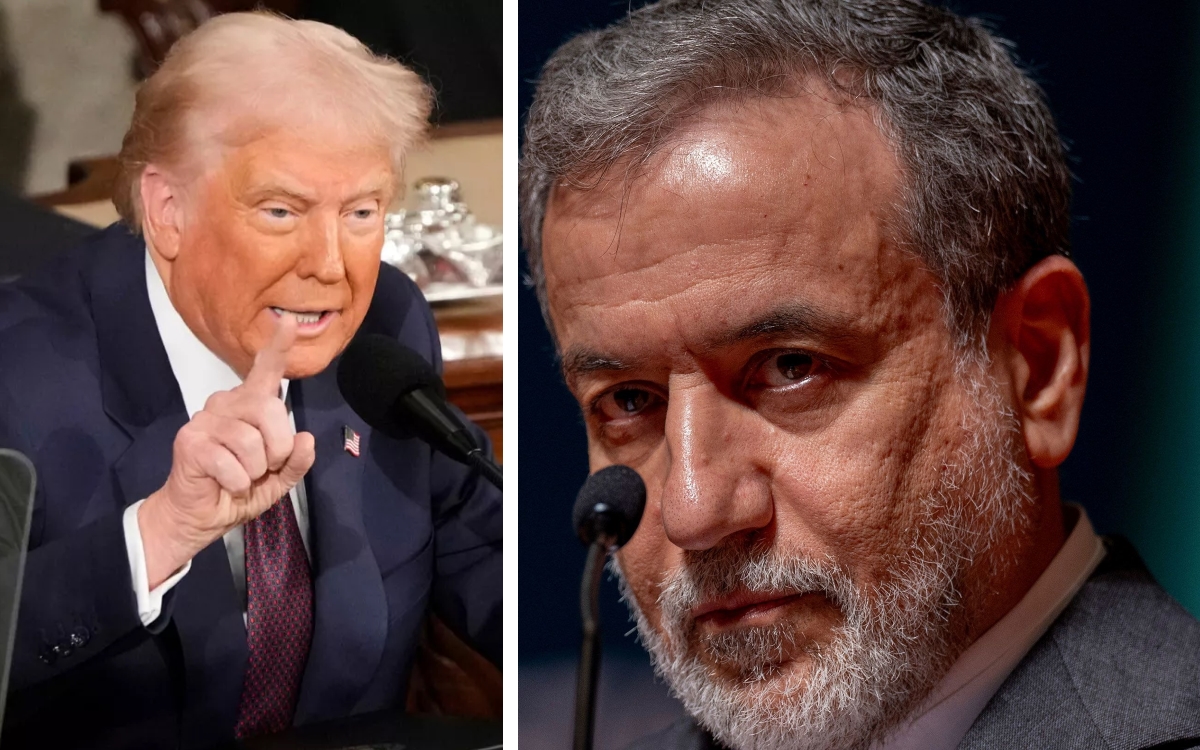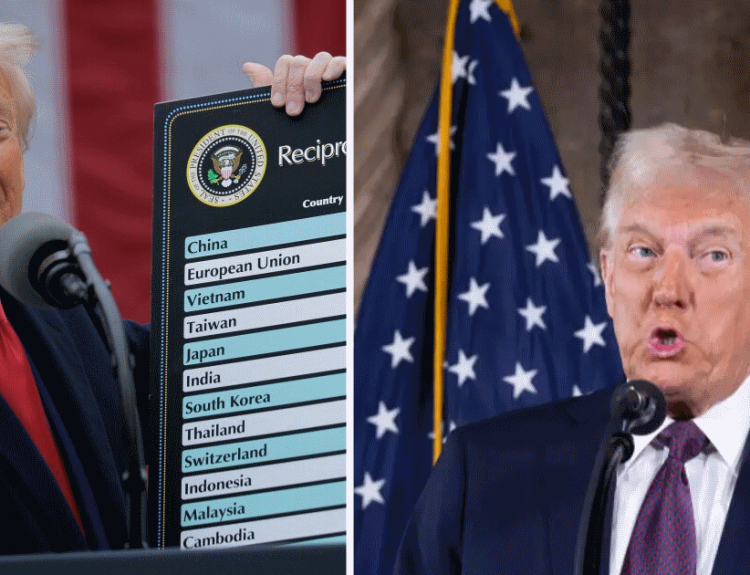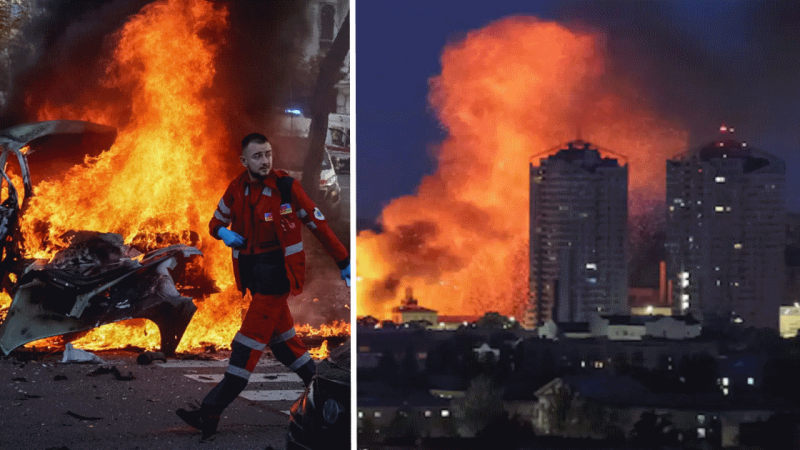After U.S. precision bombing disabled key nuclear facilities at Fordow, Natanz, and Esfahan, experts warn that Iran’s countermeasures could reverberate around the globe. From closing the Strait of Hormuz to unleashing devastating cyberattacks, Tehran has a suite of asymmetric options that could disrupt oil markets, jeopardize regional security, and test international alliances.
@Reuters “Iran vows ‘crushing response’ after U.S. hits nuclear sites—analysts warn of major oil and security impacts.” via X
1. Shutting the Strait of Hormuz Nearly 20% of the world’s oil passes through this chokepoint. Iran’s Islamic Revolutionary Guard Corps (IRGC) could deploy naval mines or fast-attack boats to block tanker traffic, a scenario outlined in a IEA report. Even a short-lived closure would send Brent crude surging 20–30%, according to Bloomberg commodity data, triggering energy price shocks from Tokyo to Turin.

@IEA “Disruption in the Strait of Hormuz could cut global oil exports by 15%—markets would react instantly.” via X
2. Targeting U.S. and Allied Bases Tehran might launch ballistic or cruise missiles against American installations in Iraq, Syria, or the Gulf states. A Defense News analysis highlights IRGC units now possess anti-ship missiles with 300-km range, capable of striking U.S. carriers and ports, potentially disrupting naval operations and coalition air support.
@DefenseNews “IRGC missile brigades could threaten U.S. bases in Iraq and the Gulf—raising stakes for regional forces.” via X
3. Proxy Warfare Across the Levant Iran-backed groups in Lebanon, Yemen, and Iraq could intensify attacks on Israeli, Saudi, or U.S. interests. Hezbollah’s secretary-general Hassan Nasrallah has already hinted at opening “new fronts” in Syria, as reported by The Times of Israel. Expanded rocket barrages could draw Israel into a multi-front conflict, risking civilian casualties and refugee flows.
4. Cyber and Electronic Warfare Tehran’s cyber brigades are capable of hitting critical infrastructure. According to Mandiant’s threat report, Iranian hackers can disrupt power grids, banking systems, and communications. A coordinated cyberattack on global shipping networks could paralyze ports from Dubai to Rotterdam, compounding physical blockades in Hormuz.
@FireEye “Iranian cyber actors have the capability to launch large-scale attacks on critical infrastructure worldwide.” via X
5. Retaliatory Sanctions Evasion In response to fresh U.S. sanctions, Iran may accelerate ship-to-ship oil transfers and use shadow fleets, undermining global sanctions regimes. The Reuters investigation identified dozens of tankers covertly loading Iranian crude, highlighting the challenge of enforcement and the potential for further market distortions.

6. Acceleration of Nuclear Program In defiance of international demands, Iran could ramp up enrichment at underground sites. IAEA monitors have reported increased installation of advanced IR-6 centrifuges at Natanz, per the agency’s latest briefing. A breakout capability shortened by years would alarm security partners and possibly trigger fresh military proposals from Washington or Jerusalem.
@IAEAorg “New imagery confirms rapid IR-6 centrifuge deployment—monitoring intensified.” via X
7. Diplomatic Fallout and Polarization Allies such as Germany and France have condemned unilateral strikes, urging a return to the JCPOA. European Parliament chair Roberta Metsola tweeted that “only united multilateralism can prevent wider war,” reflecting deep transatlantic rifts over military intervention versus diplomacy.
@EP_President “Europe regrets escalation—Security Council must lead political solution.” via X
8. Humanitarian Crisis Escalation risks displacing civilians in border regions. UN agencies warn that renewed conflict in Iraq and Syria could trigger up to 500,000 new refugees, per the UNHCR update, straining humanitarian resources already stretched thin by existing crises in Gaza and Afghanistan.
Each of these scenarios carries global implications: energy shocks, military escalation, cyber insecurity, and refugee surges. As the world watches Tehran’s next moves, the stakes have never been higher. A miscalculation on either side could ignite a conflict that transcends regional borders, affecting economies and security from New York to New Delhi.






